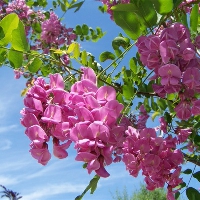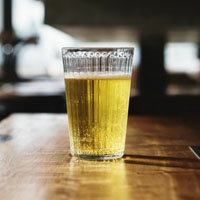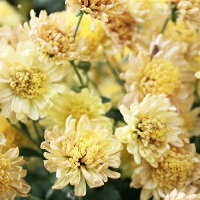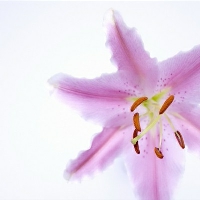Topic content:
The following statement about infectious diseases is wrong
A. Infectious diseases are infectious and epidemic
B. As long as it is an infectious disease, it will definitely spread
C. The most infectious period of infectious diseases is the initial stage
D. Infectious diseases are caused by pathogens
Best answer:
B
Answer analysis:
Infectious diseases are infectious and epidemic, and option A is correct; The infectious disease is most infectious when there are obvious symptoms at the beginning of the disease, and option C is correct; For infectious diseases caused by pathogens that can be transmitted between people or between people and animals, option D is correct; To spread infectious diseases, the source of infection, the route of transmission and the susceptible population must be available. Option B is consistent with the meaning of the question.
Test core:
Infectious disease: a disease caused by a pathogen that can spread between people or between people and animals is called infectious disease. Pathogens include viruses, bacteria, fungi, parasites, etc. Infectious diseases are infectious and epidemic.











